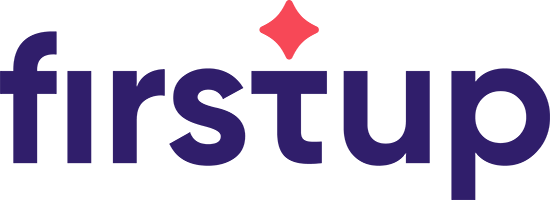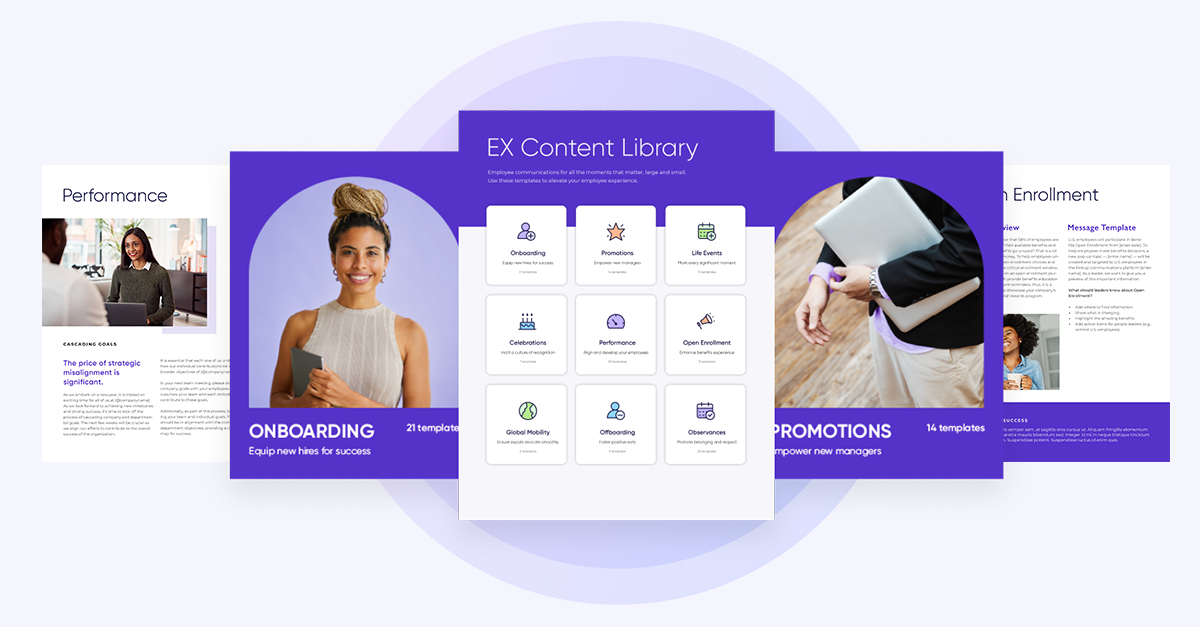Employees, of course!
A key trend in business is tapping into the enthusiasm that workers have for their employers. Companies realize that enabling employees to become more effective ambassadors—with their authentic voices—can improve brand equity, build trust, and drive growth.
The benefits of an Employee Advocacy program can stretch across the enterprise. We’ve compiled a Top 10 list of the good things that happen when brands give their employees the information and ability to be advocates on their personal social media networks.
- Increasing brand visibility. Collectively, employees have a much greater reach on social media than brands. On average, according to LinkedIn, employees have 10x more connections than companies. Their combined voices can cut through a noisy digital environment when brands help them deliver a clear message.
- Attracting new business. Employee Advocacy can transform anyone in your organization into an extension of the marketing team. When employees have easy access to approved, on-message content that they can share, it exponentially increases the likelihood of getting noticed by potential customers.
- Humanizing the brand. Companies are just collections of people, right? When you enable employees to talk about the brand with their personal connections, it won’t seem as much like a monolithic, impersonal corporation.
- Raising profile of employees. Sure, advocacy benefits the brand. But even more importantly, it shines a spotlight on employees by allowing them to become go-to sources of information, surfacing their subject-matter expertise, and enabling them to grow their personal brands. It’s a win-win for the brand and employees.
- Strengthening employee engagement. Creating greater engagement with employees is a natural result of an advocacy program. Employees need to be invested in the company’s success before they’re willing to become advocates. When an organization effectively communicates the mission and goals, employees are more likely to be engaged on the job – and then become advocates.
- Building brand loyalty. Research from Accenture found that 63 percent of consumers prefer to buy goods and services from companies that reflect their personal beliefs. Employees can have an incredible impact on reinforcing the company’s values with the general public.
- Amplifying thought leadership and insights. That same Accenture report learned that 65 percent of purchase decisions can be based on the words, values, and actions of company leaders. When employees share content highlighting their company leaders, it carries an implicit endorsement that they believe those executives are turning words into actions.
- Sharing customer success stories. Nothing creates greater brand equity and drives growth more than happy customers. When employees share stories of how the company is helping customers meet their goals, potential clients can envision themselves having similar success.
- Highlighting positive workplace culture. Today, improving the employee experience isn’t just about perks like free lunches. It’s feeling valued and knowing that your work matters. When that happens and employees talk proudly about their company, it improves brand reputation.
- Recruiting and retaining talent. At a time when companies are waging a fierce war for talent, potential job applicants pay close attention to what employees are saying on social media. One recent study found that 84 percent of job-seekers say company reputation is important when deciding where to apply. Also, employees can amplify recruiting efforts by sharing job openings with their networks.
“Our goal is to help make recruiters out of [our employees] that say, Hey, tell your friends and family, if you enjoy working for us, tell more people to come and join us. And so that’s been a very positive thing for us because this becomes a tool for not only building a community that exists but bringing new people to the fold.”
—Jeremy Ball, VP of Internal Comms, Philanthropy and Events at Big Lots
These are just a few of the benefits that come from Employee Advocacy.
Have other ideas? We would love to have you join the conversation! Find and share them with us on LinkedIn or Twitter!






